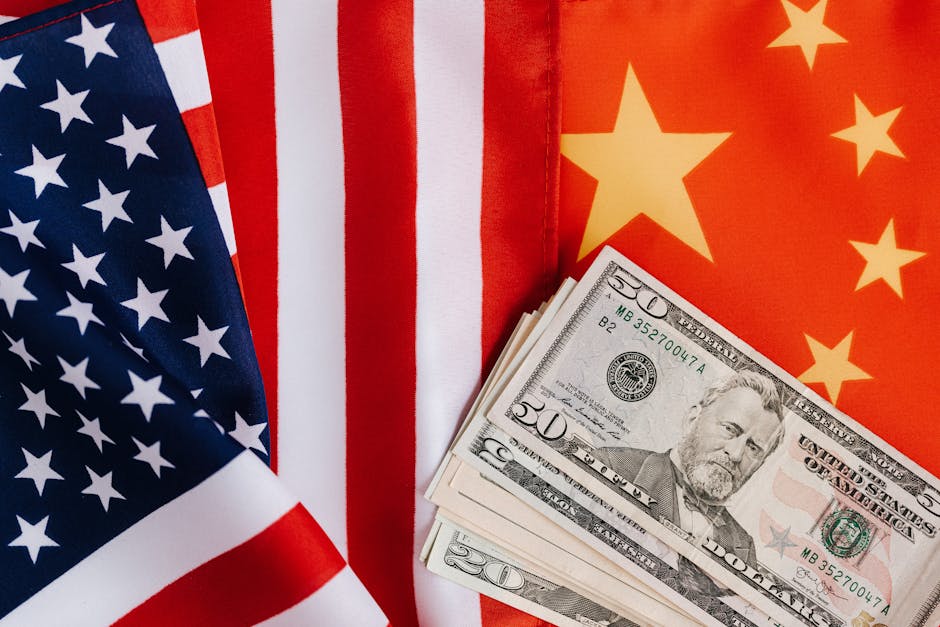U.S. Plans Gaza’s Future—Without Palestinian Input
In the aftermath of the Israel-Hamas war, the United States is spearheading efforts to shape Gaza’s reconstruction and governance. But a critical flaw has drawn condemnation: Palestinian leaders and civil society are absent from the decision-making table. A Washington, D.C.-based U.S. coordination center, involving Israeli and regional partners, has sidelined Gaza’s 2.3 million residents, sparking fears of an imposed solution.
The U.S. Initiative: Who’s In, Who’s Out
The Biden administration’s high-level center includes U.S. and Israeli officials, alongside Egypt and Jordan, to draft plans for Gaza’s security, aid delivery, and political transition. While framed as a stabilization effort, the exclusion of Palestinians has fueled accusations of hypocrisy.
Key concerns:
– No Local Buy-In: “Deciding Gaza’s fate without Gazans is colonial logic,” said Palestinian analyst Tareq Baconi.
– Donor Skepticism: Arab states warn reconstruction funds require Palestinian involvement.
– Hamas Exploitation: Marginalizing moderates risks empowering hardline factions.
Why Palestinian Representation Matters
- Legitimacy: Post-war governance lacks credibility if locals feel excluded.
- Efficiency: Reconstruction hinges on Palestinian cooperation for access and labor.
- Long-Term Peace: Sustainable solutions demand inclusive dialogue—not unilateral designs.
U.S. Defends Approach, Critics Push Back
Washington argues engaging Palestinian factions now could disrupt negotiations, especially post-October 7. Instead, it proposes a temporary international mechanism, later transitioning to a reformed Palestinian Authority (PA).
Rebuttal:
– Diana Buttu (Ex-PLO Advisor): “Phasing out exclusion isn’t inclusion—it’s PR.”
– UN Warning: Gaza’s future must be “Palestinian-owned,” says Secretary-General Guterres.
Regional Reactions: Arab States Demand Change
Saudi Arabia and Qatar insist on Palestinian inclusion, while Israel’s far-right government rejects PA participation. The standoff leaves the U.S. balancing competing allies.
What Comes Next?
Pressure mounts for Biden to integrate Palestinian voices, possibly through backchannel talks or a regional summit. Without this shift, plans risk collapse—or worse, renewed conflict.
The Bottom Line: Gaza’s fate cannot be decided in a vacuum. Inclusivity isn’t idealism; it’s necessity.




